From plate to plant - Class 1
In this interdisciplinary project, students will design, plan, and maintain a kitchen garden, exploring the connections between food, culture, and community. Through hands-on learning, research, and collaboration, students will develop skills in sustainable gardening practices, nutrition, and environmental stewardship.
Learning Goals

Drama & Music

English

Islamiyat

Science

Social Studies

Urdu

Mathematics

IT
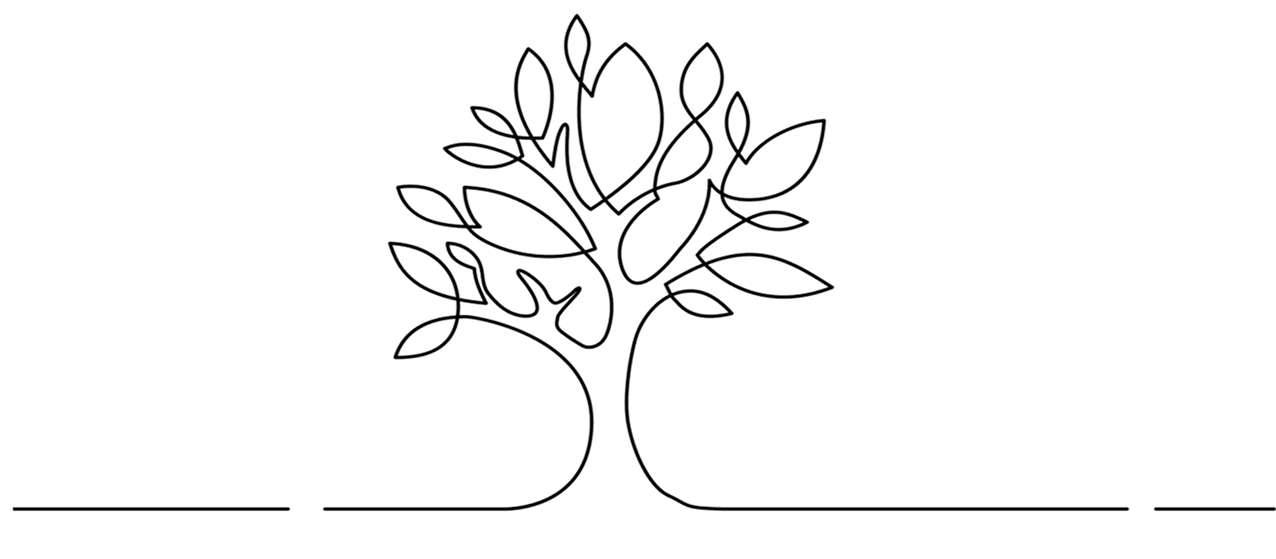

Drama & Music

English

Islamiyat

Science

Social Studies

Urdu

Mathematics

IT
Alignment with 21st Century Skills

Communication Skills
Presenting Ideas Clearly: Students will engage in panel discussions and interviews with gardeners, where they will need to articulate their findings and ideas clearly to both their peers and the community.
Collaborative Discussions: Students will work in teams to design garden models and container gardens, requiring effective communication to share ideas, make decisions, and plan collaboratively.
Sharing Awareness: By creating brochures, posters, and documentaries, students will develop persuasive communication skills.
Research Skills
Gathering Information: Students will conduct research on sustainable gardening techniques, composting, and hunger issues, using various resources such as virtual botanical tours and interviews with gardening experts.
Analyzing Data: As they maintain the garden, students will observe and record the plant life cycle, which will help them analyze the relationship between food waste and plant growth.
Synthesizing Information: Students will compile their research findings into infographics, brochures, and personal reflections, demonstrating an ability to synthesize and present their knowledge in different formats.
Communication Skills
Presenting Ideas Clearly: Students will engage in panel discussions and interviews with gardeners, where they will need to articulate their findings and ideas clearly to both their peers and the community.
Collaborative Discussions: Students will work in teams to design garden models and container gardens, requiring effective communication to share ideas, make decisions, and plan collaboratively.
Sharing Awareness: By creating brochures, posters, and documentaries, students will develop persuasive communication skills.
Research Skills
Gathering Information: Students will conduct research on sustainable gardening techniques, composting, and hunger issues, using various resources such as virtual botanical tours and interviews with gardening experts.
Analyzing Data: As they maintain the garden, students will observe and record the plant life cycle, which will help them analyze the relationship between food waste and plant growth.
Synthesizing Information: Students will compile their research findings into infographics, brochures, and personal reflections, demonstrating an ability to synthesize and present their knowledge in different formats.
SUSTAINABLE DEVELOPMENT GOAL 12:
Responsible Consumption and Production
This project aligns with SDG-12 in the following ways:
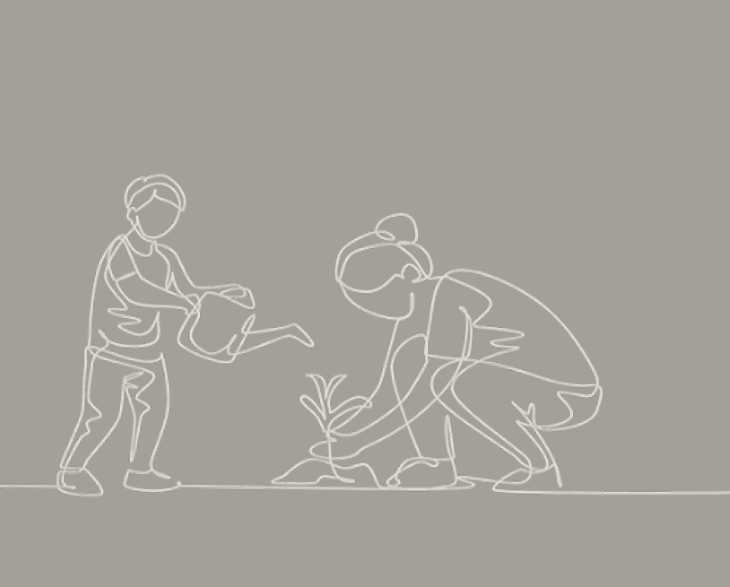
Composting and Recycling
Students will reduce food waste by composting leftover organic material, converting it into nutrient-rich soil for the garden.
Sustainable Gardening Practices
Through water conservation and eco-friendly gardening techniques, students will learn responsible resource use.
Community Awareness
By creating brochures, posters, and infographics, students will raise awareness of the importance of reducing food waste and promoting sustainable consumption within the school and community.
Project Milestones
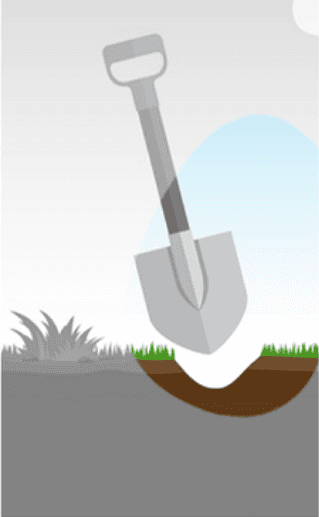
Milestone 1
Growing an Organic Garden
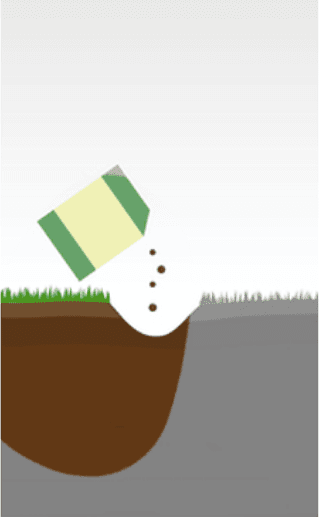
Milestone 2
Learning About Global Hunger
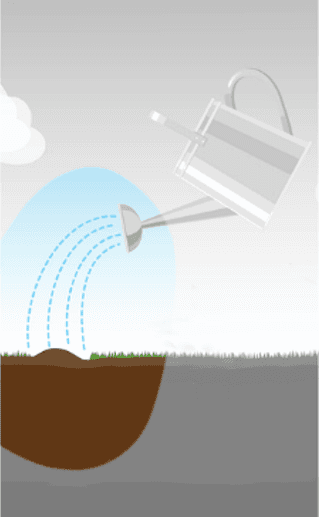
Milestone 3
Hands-on Garden Design and Implementation (soil less gardening practices)
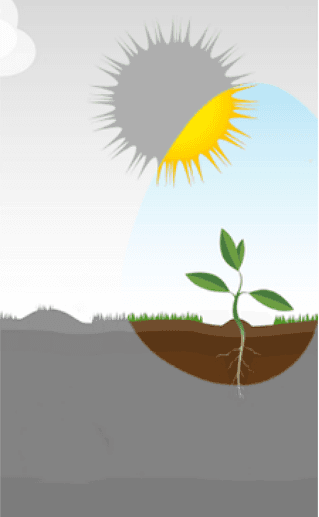
Milestone 4
Raising Awareness with a School-Wide Campaign
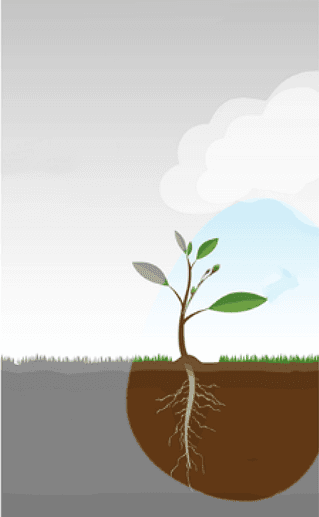
Milestone 5
An open house event to showcase the garden and share knowledge with the community
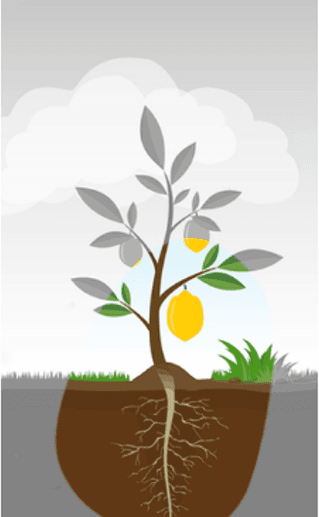
Milestone 6
Sustainable Gardening Research and Planning - (Crops, types of plants etc)
